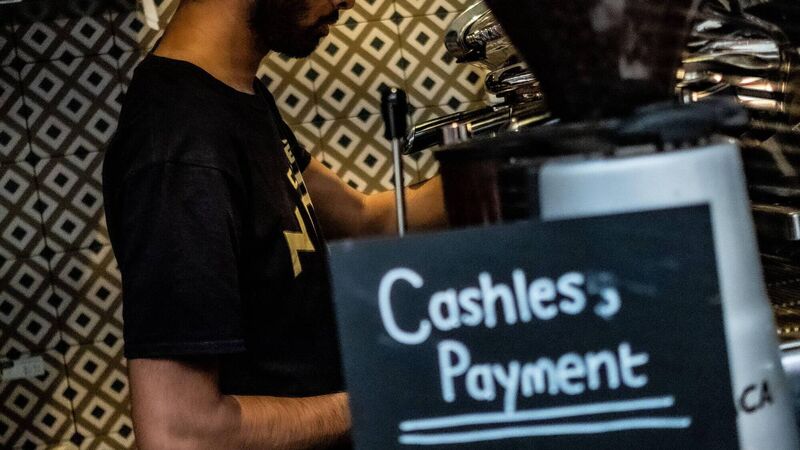When cash is no longer king: The future of payments in Ireland

There were, on average, 103 million contactless card transactions recorded each month in Ireland over the first half of the year, with an equivalent value of €1.7bn.
Cash may still be king, but for many years now it has been fending off usurpers to the throne as contactless payment takes more and more of its domain and tech companies get in on the action, slicing up a sizable portion for themselves.
The move towards contactless payment options accelerated over the pandemic rising to 84% of all point-of-sale transactions according to the Central Bank of Ireland. At the same time, cash withdrawals from ATMs fell from €1.5bn to around €1bn a month.











